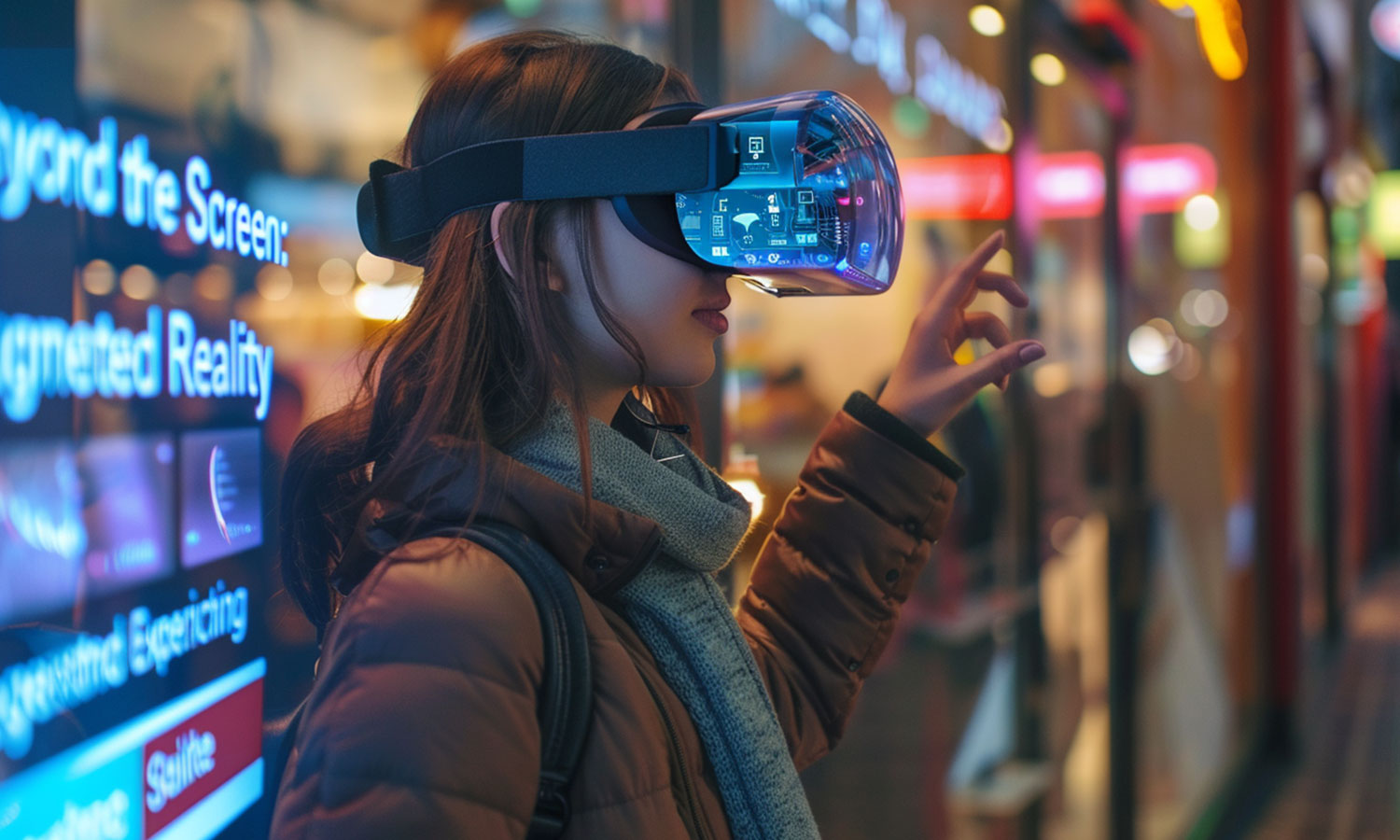In the ever-evolving landscape of digital media, artificial intelligence (AI) is emerging as a transformative force, reshaping the way we create, consume, and interact with video content. From personalized recommendations to advanced content analysis, AI-powered technologies are revolutionizing the video experience in unprecedented ways.
At its core, AI in video enhances the viewer experience by providing personalized recommendations tailored to individual preferences and viewing habits. By analyzing vast amounts of user data, AI algorithms can predict what content viewers are most likely to enjoy, leading to more relevant and engaging viewing experiences. This level of personalization not only keeps viewers entertained but also helps content creators and platforms increase viewer retention and engagement.
But AI in video goes beyond just personalized recommendations—it also enables advanced content analysis and understanding. Through techniques like natural language processing (NLP) and computer vision, AI algorithms can analyze the content of videos, identifying objects, scenes, and even emotions expressed by actors. This level of content understanding opens up a range of possibilities for enhancing the viewing experience, from automatically generating captions and subtitles to providing real-time context and insights.
Moreover, AI-powered technologies are revolutionizing the way we interact with video content, making it more accessible and inclusive for all viewers. For example, AI-driven speech recognition allows viewers to interact with video content using voice commands, enabling hands-free navigation and control. Similarly, AI-generated transcripts and translations make video content more accessible to viewers with hearing impairments or language barriers, ensuring that everyone can enjoy and engage with the content.
In addition to enhancing the viewer experience, AI in video is also transforming the way content is created and produced. AI-powered tools and technologies automate repetitive tasks, such as video editing and content moderation, freeing up time for creators to focus on more creative aspects of their work. For example, AI-driven video editing tools can analyze raw footage and automatically generate polished edits, saving creators valuable time and effort.
Furthermore, AI in video is enabling new forms of content creation and storytelling, blurring the lines between reality and imagination. Through techniques like deep learning and generative adversarial networks (GANs), AI algorithms can generate realistic images, videos, and animations from scratch, opening up a world of creative possibilities for filmmakers, animators, and visual artists.
But perhaps the most profound impact of AI in video is its ability to drive innovation and push the boundaries of what's possible in the world of digital media. As AI technologies continue to advance, we can expect to see even more groundbreaking developments in the way we create, consume, and interact with video content. From hyper-personalized viewing experiences to immersive virtual worlds, the future of video is being shaped by AI in ways we're only beginning to imagine.
In conclusion, AI is revolutionizing the video experience, transforming how we create, consume, and interact with video content in profound and unprecedented ways. By harnessing the power of AI, we can unlock new levels of personalization, accessibility, and creativity, ushering in a new era of innovation and excitement in the world of digital media.
